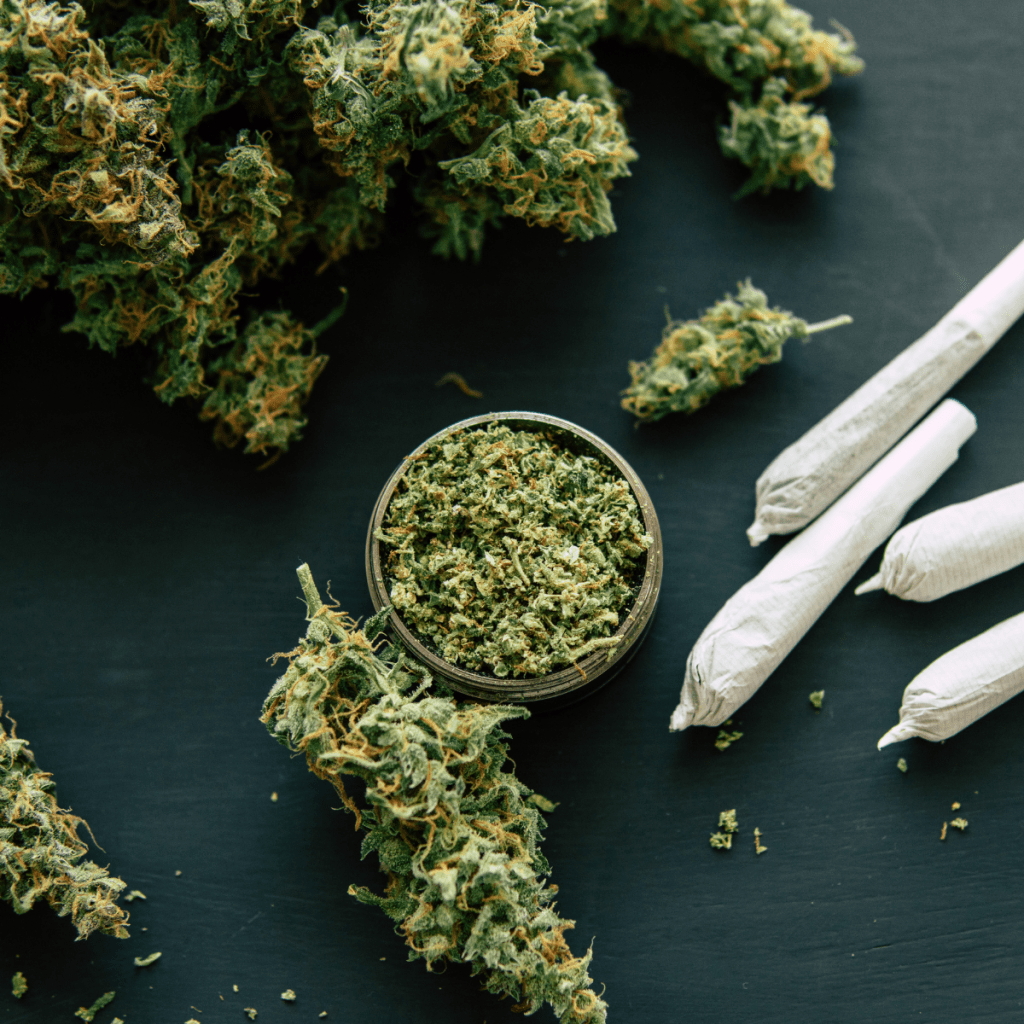Introduction
As the global trend towards cannabis legalization gains momentum (today for sure in the US), Germany finds itself at a crossroads. The debate surrounding the legalization of cannabis in the country has sparked intense discussions, with various political factions and law enforcement agencies weighing in. This article, intended for readers of Cannabis-Startups.com outside Germany, aims to provide a comprehensive understanding of the current status quo in Germany regarding cannabis legalization.
BKA Report Raises Concerns
A critical report from the Federal Criminal Police Office (BKA) has become a focal point of contention. According to the Süddeutsche Zeitung, the report anticipates an increased burden on police due to the detailed regulations proposed in the cannabis law. The BKA report suggests that additional tasks and expenditures in the form of personnel and material costs will be imposed on state law enforcement and regulatory authorities. Additionally, concerns about traffic safety are raised, necessitating intensified police control activities.
Legalization’s Aim to Alleviate Police and Judicial System
One of the central arguments for ending cannabis prohibition is to relieve the police and judiciary. In 2022, there were 174,876 cannabis-related offenses close to consumption that were not associated with trade, smuggling, or large-scale cultivation. These cases are often dismissed by the judiciary but still represent a significant personnel effort. The intended relief for authorities through legalization now seems uncertain in light of the BKA report.
Political Parties’ Stance on Legalization
The Federal Ministry of Health (BMG) has stated that the draft law is ready from their perspective, leaving it to Parliament to make final amendments. However, they refrained from commenting on the timeline. The BMG reiterated the need for a new approach to keep adolescents away from drugs, curb the black market, and control substances, emphasizing that prohibition policies have not stopped consumption.
The Social Democratic Party (SPD), through its parliamentary managing director Katja Mast, has expressed commitment to the timely enactment of the law, with ongoing “clarifying discussions” in progress.
Meanwhile, the Greens and the Free Democratic Party (FDP) are pushing for a swift implementation of cannabis legalization, viewing it as a crucial success for the coalition government. They consider the deliberations over the law complete and seek its prompt passage in the Bundestag.
SPD’s Opposition and the Uncertain Future of Cannabis Legalization
The planned legalization, initially targeted for April, now faces potential derailment due to significant concerns within the SPD, as reported by the Süddeutsche Zeitung. Internal opposition, including from traffic and interior policymakers, casts doubt on the majority support within the SPD parliamentary group.
The High Control Effort Required Post-Legalization
Those within the SPD raising objections reportedly base their concerns on a BKA study. The study warns of increased tasks and costs for law enforcement and regulatory authorities post-legalization, citing the need for additional traffic controls and monitoring near schools and military bases. The goal of relieving authorities through legalization is not explicitly mentioned in the current draft of the law.
SPD-Fraktion’s Response
In response, the SPD parliamentary group contradicts these reports, insisting on their continued effort to pass the cannabis legalization law “promptly.” Fraktionsgeschäftsführerin Katja Mast remains optimistic about the law’s enactment following ongoing discussions.
Conclusion
The journey towards cannabis legalization in Germany is fraught with complexities and divergent views. While some political parties and sections of the judiciary see legalization as a means to reduce administrative burdens and control substance use more effectively, others raise concerns about the practical implications and potential risks. The outcome of this debate will not only shape Germany’s drug policy but also signal a broader shift in societal and governmental attitudes towards cannabis.








